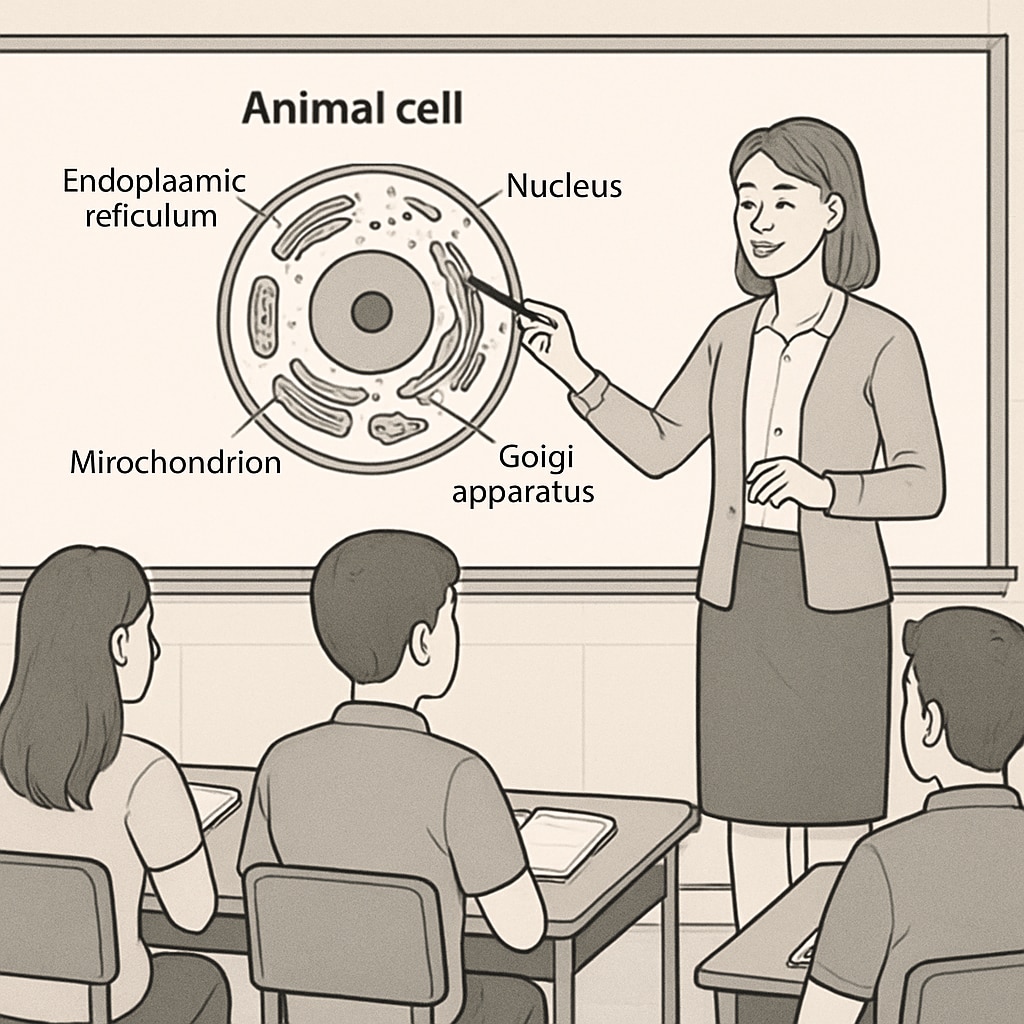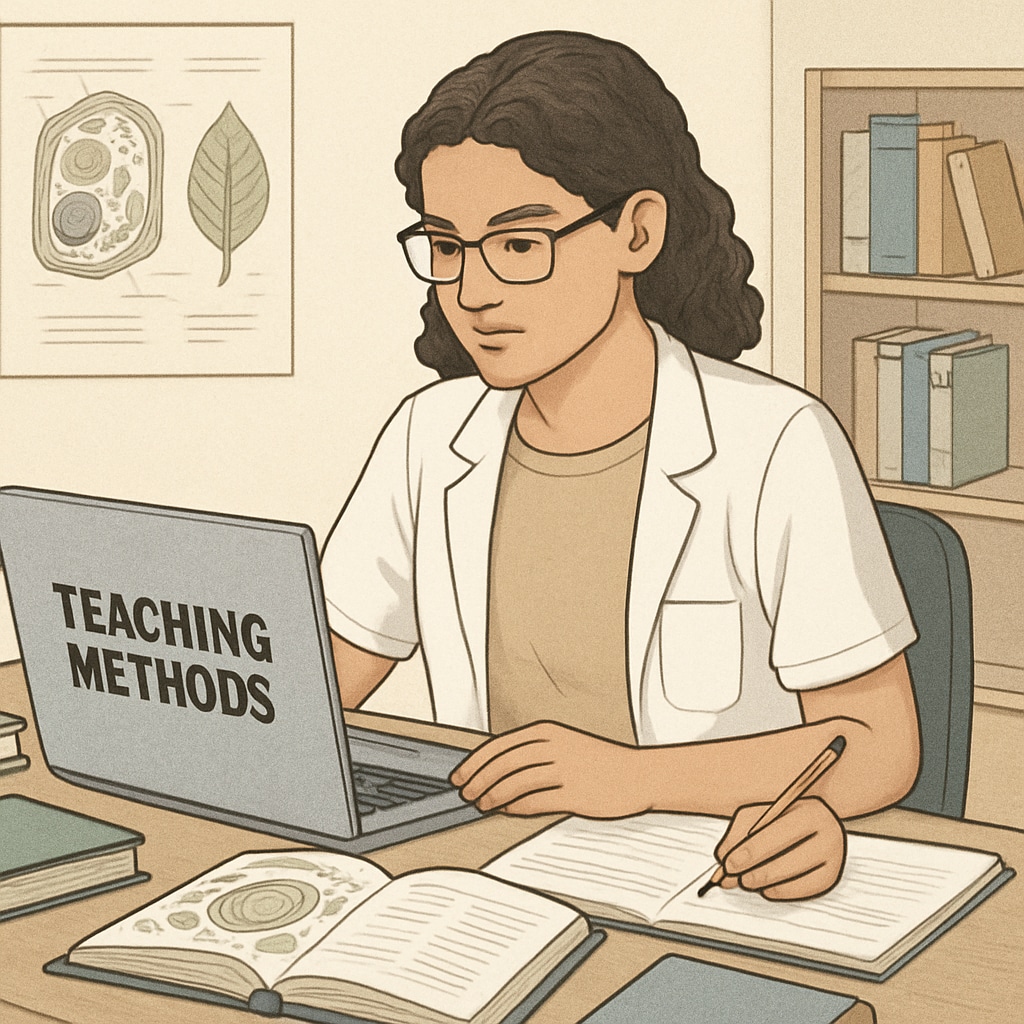Transitioning from a biology degree to a master’s in education may seem like a leap between two unrelated worlds. However, this interdisciplinary shift offers a range of opportunities for those passionate about science and teaching. By leveraging their biology background, students can bring unique perspectives to the education field. This article examines the feasibility of such a transition, highlighting the challenges and benefits, and provides practical advice for those considering this pathway.
The Intersection of Biology and Education
At first glance, biology and education may appear to be worlds apart. Biology focuses on studying living organisms, while education revolves around pedagogy and the art of teaching. Yet, there’s a significant overlap between the two. For example, teaching biology at the high school or college level requires not only a deep understanding of biological concepts but also the ability to communicate these ideas effectively.
Many educators with a biology background go on to teach science-related subjects, where their expertise is highly valued. According to Britannica, biology covers diverse topics like ecosystems, genetics, and molecular structures, all of which can inspire curiosity in students. This makes biology graduates ideal candidates for addressing the growing demand for skilled STEM (Science, Technology, Engineering, and Mathematics) educators.

Benefits of Transitioning from Biology to Education
Making the shift from a biology lab to the classroom offers numerous advantages. Here are a few key benefits:
- Fulfilling Career Paths: Teaching allows biology graduates to inspire the next generation of scientists, sharing their passion for the subject.
- In-Demand Skills: STEM educators are in high demand globally, providing job security and professional growth opportunities.
- Interdisciplinary Expertise: Combining biological knowledge with teaching skills creates a unique professional profile that stands out in the job market.
In addition, a master’s in education equips graduates with advanced pedagogical strategies, enabling them to effectively adapt their biology expertise to diverse learning environments.
Challenges of Interdisciplinary Transition
Despite its benefits, transitioning from biology to education is not without challenges. One common hurdle is the difference in academic focus. Biology degrees often emphasize research and data analysis, while education programs prioritize communication, psychology, and curriculum design. Bridging this gap requires adaptability and a willingness to learn new methodologies.
Another challenge is the potential need for additional qualifications. For instance, teaching at public schools often requires a teaching license or certification, which may necessitate extra coursework beyond a master’s degree. Prospective students should research their target teaching roles to understand the specific requirements.

Practical Tips for a Successful Transition
For those considering the leap from biology to education, here are some practical tips to ease the transition:
- Understand the Requirements: Research the prerequisites for the education programs you’re interested in, including certifications and teaching licenses.
- Leverage Your Biology Background: Highlight your subject expertise when applying to education programs or teaching positions. Schools value teachers who can bring real-world insights to the classroom.
- Gain Teaching Experience: Volunteer as a tutor, teaching assistant, or in community education programs to build relevant experience.
- Develop Soft Skills: Strong communication, patience, and adaptability are crucial for educators. Seek opportunities to hone these skills.
By taking these steps, biology graduates can position themselves for a rewarding career in education, combining their love for science with a passion for teaching.
Conclusion: A Bridge Worth Building
Transitioning from a biology background to an education master’s program is a challenging yet rewarding journey. It allows individuals to merge their scientific expertise with the art of teaching, creating meaningful impacts on students’ lives. For those passionate about both science and education, this interdisciplinary path provides a fulfilling career option. As the demand for skilled STEM educators continues to grow, there’s never been a better time to make the leap.
Whether you’re a fresh graduate or a seasoned biologist, pursuing an education master’s degree could be the bridge that leads you to a new and impactful role in society.
Readability guidance: Use short paragraphs and lists to summarize key points. Include transition words like “however,” “therefore,” and “for example” to maintain flow. Control the proportion of passive voice and long sentences for better readability.


